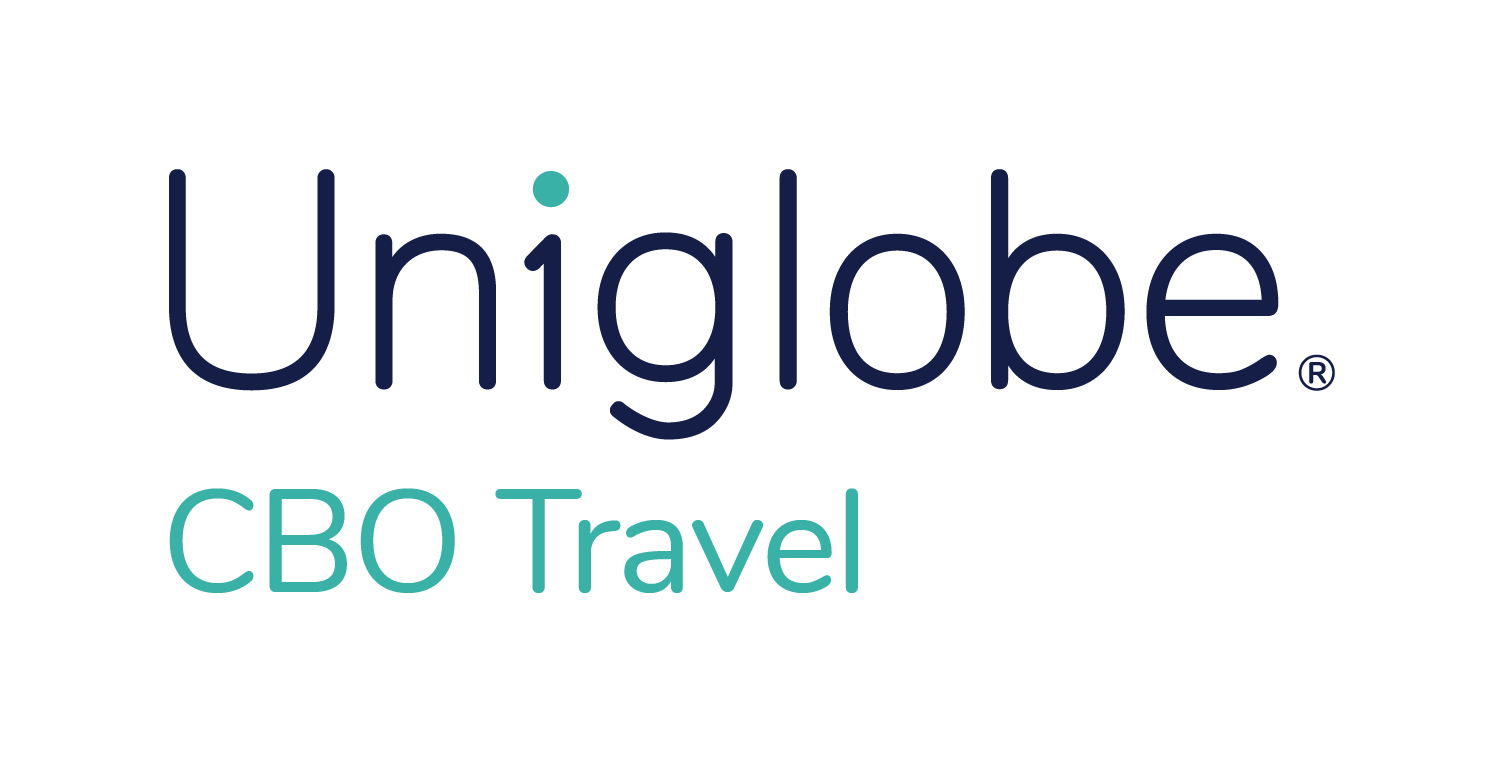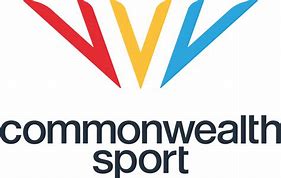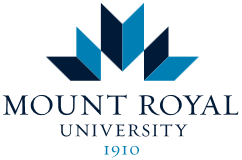In the Great Debate CSC President, Rick Powers, says “Yes" to the Tokyo Olympics

Courtesy of the Toronto Star
“I want to be an Olympian,” writes 800-metre runner Madeleine Kelly, “but I also don’t want to contribute to a public health crisis of Olympic proportions.”
Prof. Richard Powers argues the Tokyo Games have been postponed a year and in that time the global sporting world has learned how to put on world-class events while also keeping the athletes and public safe.
YES
Madeleine Kelly
Athlete
As children, many of us dream of becoming Olympians. I was a small-town kid who shared that dream. Now, as an adult, I am four weeks from having it come true. I am currently holding a selectable position for the upcoming Olympics in the 800 metres. I’ll find out on June 30 if I am to represent Canada at my first-ever Olympic Games this summer.
During this Olympic cycle I’ve had to reconcile that dream with the reality of the world we are now living in. This has been extremely difficult to do.
On March 22, 2020, Canada made the wise decision to withdraw its athletes from the 2020 Games. By April 12, the Games were postponed for exactly one year from their original start date. Athletes breathed a collective sigh of relief. It had become clear that adequate preparation would be impossible and that the Games would be unsafe and unethical.
As we approach the delayed start of the now 2021 Olympics, there remain questions about the ethics and safety of these Games. India, South Africa, Vietnam and Brazil are facing aggressive variants of COVID-19, and in some cases, experiencing peak case numbers.
In the host nation of Japan, vaccine rollout is finally gaining steam. But the slow start means that only 2.4 per cent of its population is fully vaccinated. Despite measures put in place to make this the safest event possible, it will be impossible to guarantee zero transmission during the Games, or after, when roughly 20,000 athletes and support staff return home.
Global health concerns are highly discussed topics, and frankly, those decisions are up to people more powerful and educated than me. But the side of the story that I can share is how it has felt to train for these Games as an athlete.
At several points during my Olympic preparation I had to make choices that contradicted public health guidelines and put my personal health at risk — and then conceal those decisions to avoid scrutiny.
I travelled to British Columbia for a month to train and race, and was met with valid frustration from locals. With under 10 weeks until team selection and without a single confirmed race in Canada, I had no realistic option but to go to the U.S. to compete.
I found myself unvaccinated in a crowded North Carolina airport, with a 14-day quarantine looming upon my arrival back home. I signed waivers that left me personally responsible for any injury or illness while travelling. Myself, and many of my fellow competitors, took on huge risk and financial burden in hopes of becoming a Canadian Olympian.
Our government wants to send an Olympic team to Tokyo but, at the same time, it has not been prepared to create an environment for us to get there. My governing sports body went to bat to exempt their athletes and staff from quarantine upon our return to Canada. However, Olympic hopefuls were deemed non-essential workers, and therefore, not exempt. This serves to highlight the essential question: if we’re not essential, then why are we being sent to the Olympics during a public health crisis?
The popular counter-argument to concerns about the safety of the Games, is that “the world needs something to root for.” But even as an athlete who desperately wants to be an Olympian, becoming that beacon of hope has felt empty and selfish at times.
I want to be an Olympian, but I also don’t want to contribute to a public health crisis of Olympic proportions. It weighs on me and my competitors, and taints every victory or personal win. I believe that COVID-19 is bigger than the Olympics. But it isn’t the
So we trained, and risked, and worked hard, and tried to keep our heads down and to quiet our personal and public fears. Now we’re days away from an Olympics that many believe shouldn’t be happening — but by all indications, they’re going to.
How to resolve these ethical issues is not obvious. It should, however, be obvious that there must be vigorous discussion over the question of whether these Games proceed next month, with the host country, Japan, having the loudest voice. I hope I qualify for this team and realize my dream, but not if it comes at the expense of someone else’s health.
Madeleine Kelly is the 2019 800-metre national champion and a regular contributor to Canadian Running Magazine.
NO
Richard Powers
Professor
The Olympic Games must and should take place as scheduled this summer. And let’s be clear — despite the naysayers and the concerns being expressed, these Games will take place and they will do so in an environment focused on the health and safety of athletes, their support teams and volunteers.
The International Olympic Committee (IOC), the Japanese Organizing Committee (JOC) and the Japanese government understand the mammoth task they have taken on. And they will be ready and prepared for the task.
Nobody could have imagined how the world would change when Tokyo was awarded the 2020 Summer Games on Sept. 7, 2013. After postponing the Games last year, the IOC and the JOC have had an additional year to plan for holding the Games amidst a pandemic. They have had an opportunity to learn from other sports leagues and organizers who have successfully navigated through their competitions and completed their contests, albeit on a reduced schedule in some instances.
From the professional soccer leagues in Europe, rugby and cricket in the Southern Hemisphere to the NBA, NHL and MLB in North America — all have managed to adapt and meet the stringent health and safety protocols necessary to run their leagues and competitions.
In North America, we have seen the positive results of competitive “bubbles” — and the willingness of all involved to adhere to the guidelines dictated by health professionals and governments to ensure safe competitions. While there have been hiccups, those have been few, and the response of immediate isolation has limited the effects and transmissions of active cases.
Recently, members of the Canadian diving team travelled to Tokyo to participate in a trial event in the new Olympic facility. The rules and schedules in place, including escorted transit from their hotel to the pool, private meal delivery, and the complete restrictions in place forbidding local excursions and sightseeing ensured that their sole focus remained on their safety and the competition. It will be a very different Olympic experience for everyone involved, but this demonstrated that there are ways to conduct the Games safely within the current health crisis.
The world has been transformed over the past 14 months and there is a deep desire to get back to normal, with everyone trying to determine what that “normal” might entail. Recently, we have seen several Canadian provincial governments advocate a return to regular business and leisure activities over the coming months, much sooner than originally planned or anticipated. The improved vaccination timelines have been the prime driver of these changes. The athlete village environment in Tokyo will benefit from similar efforts — over 80 per cent of the athletes will have been vaccinated.
In the past year, we have learned a great deal about how to deal with the pandemic. The COC has done its homework and it feels that the changes incorporated into the Games will ensure a safe competitive environment and are supporting sending Canadian athletes to Tokyo. For many years, Canadian sports contingents have had emergency plans that can be activated immediately a threat is identified. Those will be in place in Tokyo as well.
The world has changed, and it is likely that COVID-19 will be with us for some time yet. And after COVID-19, what will be the next virus or pathogen that comes along to test our resolve? We cannot be dictated by what and where — we must learn how to deal with these situations and develop means to move forward despite their presence.
While it would be foolish to think that everything will go exactly as planned, we can take comfort in the knowledge that the Tokyo Games will be the most organized and safest Games ever planned. With the co-operation of the athletes, teams, officials and volunteers there is optimism that these Games will do exactly what is intended — to bring the world together to celebrate the accomplishments of their athletes in an environment of unity, camaraderie and respect and share this with the world.
The Tokyo Games will take place this summer, as they should, and I, for one, cannot wait to watch our Canadian athletes compete on the world stage once again.
Richard Powers is an associate professor at the University of Toronto's Rotman School of Management He is also president of Commonwealth Sport Canada and is a member of the nominations committee of the Canadian Olympic Committee.











